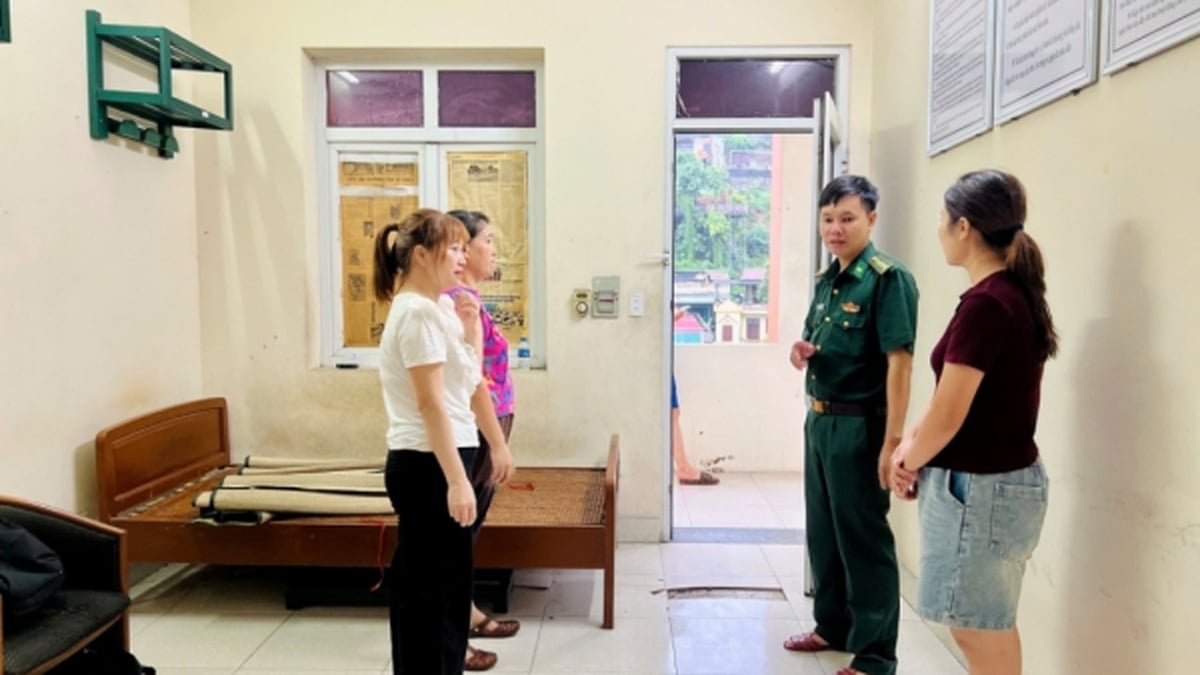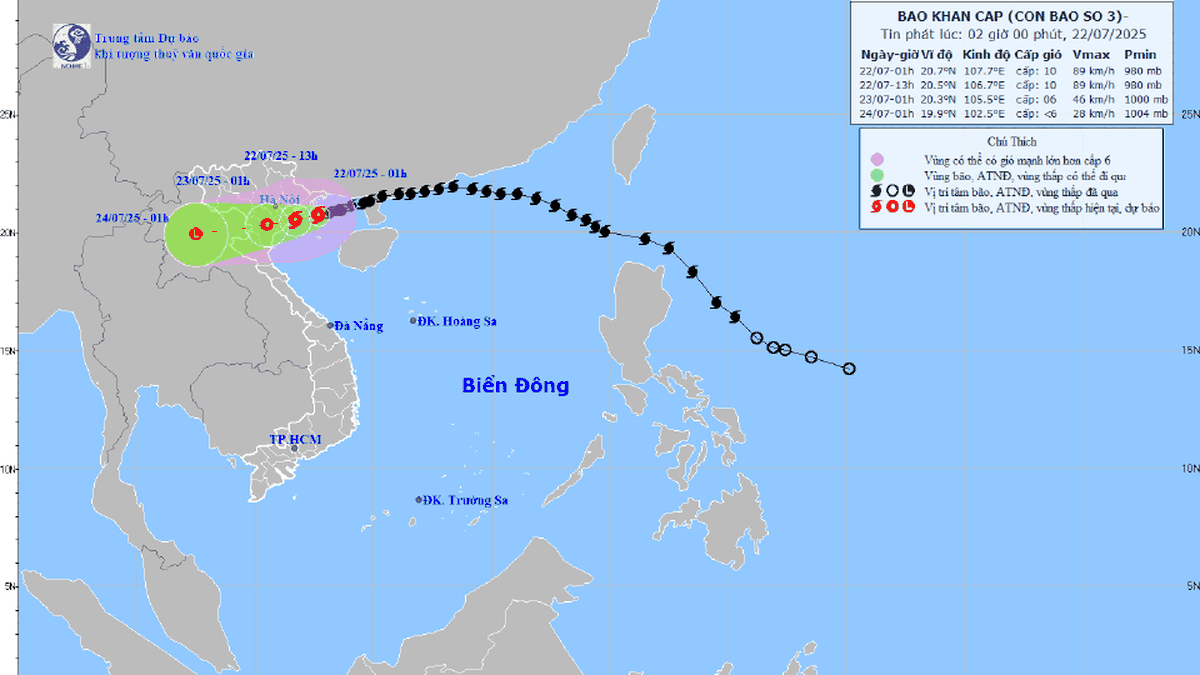
Foreign workers in Japan - Nikkei screenshot
On March 29, the Japanese government added four new industries to its skilled foreign worker visa program, with visa validity of up to five years.
This decision increases the number of industries eligible for the Tier 1 Specified Skilled Worker visa to 16.
This is the first time since the system was implemented in 2019 that the Japanese government has allowed an expansion of the number of occupations under the Specified Skilled Worker No. 1 visa, including road and railway transportation as well as the forestry and woodworking sector .
Japan’s need for foreign workers has increased in part due to a falling birthrate. The government is concerned about a looming shortage in the transport and logistics industry, which could become more acute when new overtime limits for drivers come into effect in April.
The Japanese government plans to accept up to 820,000 foreigners on skilled worker visas in the next five fiscal years from next April, more than double the estimated number accepted in the five years through fiscal 2023 ending in March.
Under the plan to supplement labor for the road transport sector, skilled foreigners will be accepted as bus, taxi and truck drivers at companies licensed by the Ministry of Land, Infrastructure, Transport and Tourism .
Because bus and taxi drivers frequently interact with passengers, workers must achieve N3 level of the Japanese Language Proficiency Test, the third highest of the five levels of the test. This is a more stringent requirement than those required to work in other fields.
In the railway sector, skilled workers may be accepted for roles related to the production of railway cars and maintenance of the tracks. They may also take on roles as train drivers, conductors and station agents.
The government also added activities related to textiles, iron and steel and printing to the manufacturing sector, a sector already covered by the program.
Foreign workers with a specified visa No. 1 must pass a test on their professional qualifications and Japanese language skills to be able to work immediately. A specified visa No. 2 allows for an unlimited period of stay, opens up the possibility of permanent residence, and allows workers to bring their family members to Japan.
According to the Immigration Services Agency of Japan, as of the end of December 2023, there were about 208,000 foreigners with visa number 1 and 37 people with visa number 2 working in Japan.
The new program will allow trainees to change employers under certain conditions, and gain the skills needed to transition to a Specified Skilled Worker 1 visa.
Source


























![[Photo] National Assembly Chairman Tran Thanh Man visits Vietnamese Heroic Mother Ta Thi Tran](https://vphoto.vietnam.vn/thumb/1200x675/vietnam/resource/IMAGE/2025/7/20/765c0bd057dd44ad83ab89fe0255b783)










































































Comment (0)